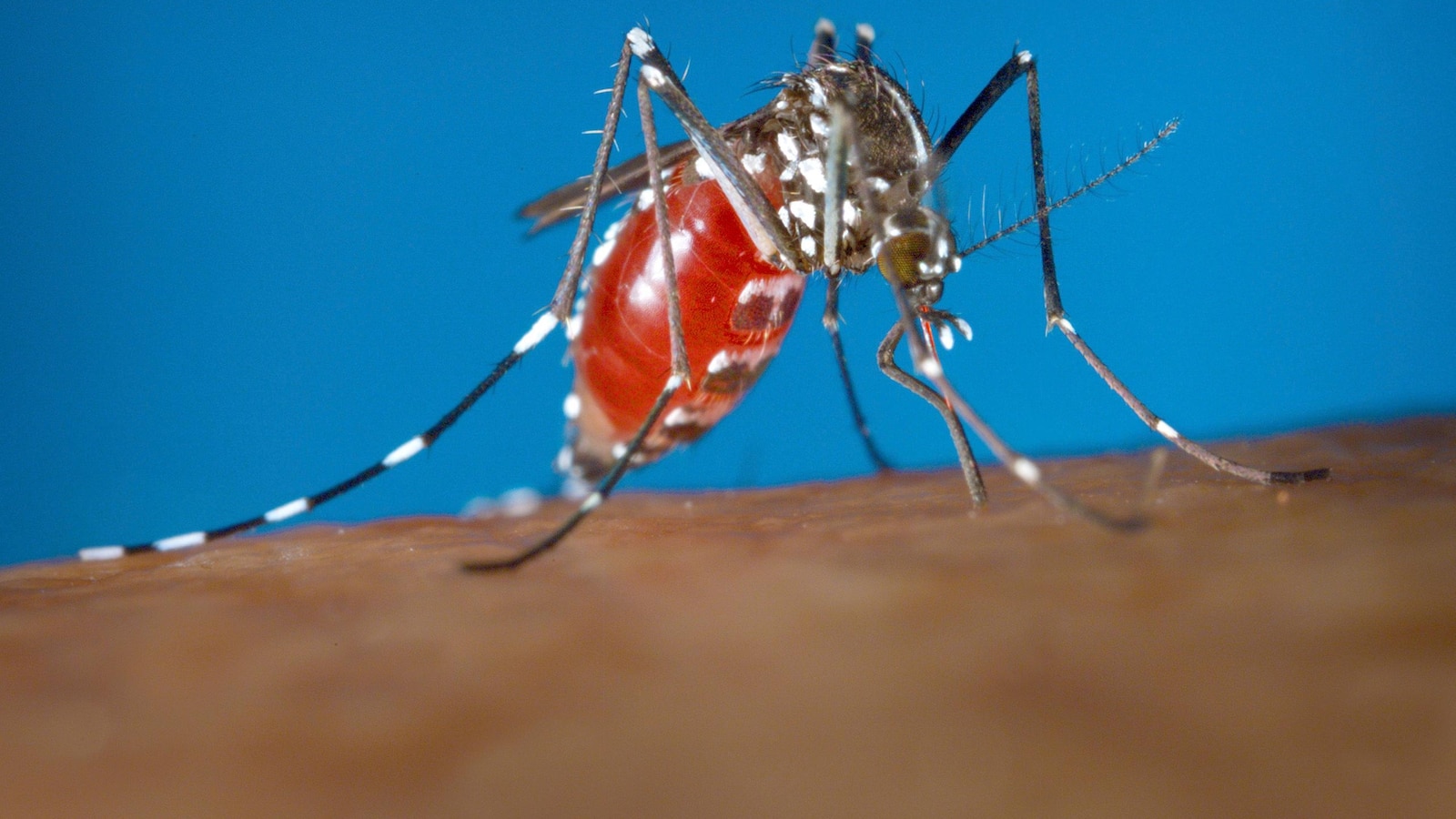Time: 2024-06-26
The Centers for Disease Control and Prevention has issued a health advisory warning about the increased risk of dengue fever infections in the United States. A total of 2,241 cases have been reported so far this year, with 1,498 cases in Puerto Rico alone. Last year, there were 3,036 reported cases in the U.S. and its territories. The global incidence of dengue fever has been the highest on record this year, especially in Latin American countries, where there have been over 9.7 million cases reported.
Dengue fever infections have been on the rise due to increasingly hot temperatures, creating ideal conditions for mosquitoes to spread the virus. Symptoms of dengue fever include fever, headaches, nausea, vomiting, rash, and body pain. In severe cases, the disease can be life-threatening, leading to shock, internal bleeding, and even death. People who have had dengue in the past are more likely to develop severe symptoms. The CDC is advising health care providers to be vigilant about dengue cases and to report any cases to public health authorities promptly.

Health officials are warning doctors to be alert for dengue cases as the tropical disease breaks international records. The World Health Organization declared an emergency in December, and Puerto Rico declared a public health emergency in March. In the continental United States, there have been three times more cases than at the same point last year. The CDC advises doctors to know the symptoms, ask patients about recent travel history, and consider ordering dengue tests when appropriate.
Dengue is caused by a virus spread by mosquitoes, with severe cases potentially leading to serious bleeding, shock, and death. There are four types of the dengue virus, and repeated infections can be especially dangerous. The CDC is implementing measures to diagnose cases effectively and educate the public on disease prevention. While there is no widely available medicine for treating dengue infections, vaccines are still in development.
Dengue cases have been reported in the U.S., with the worst year in a decade in 2023. Most cases are travel-related, but locally acquired infections are also increasing. It is essential for health care providers to be aware of the symptoms and risks associated with dengue fever to prevent further spread of the disease.
In conclusion, dengue fever remains a significant concern both globally and in the United States. With rising temperatures and increased mosquito populations, health officials are urging the public to take preventive measures such as using insect repellent and wearing protective clothing. Early detection and reporting of dengue cases are crucial in controlling the spread of the disease and preventing severe outcomes.